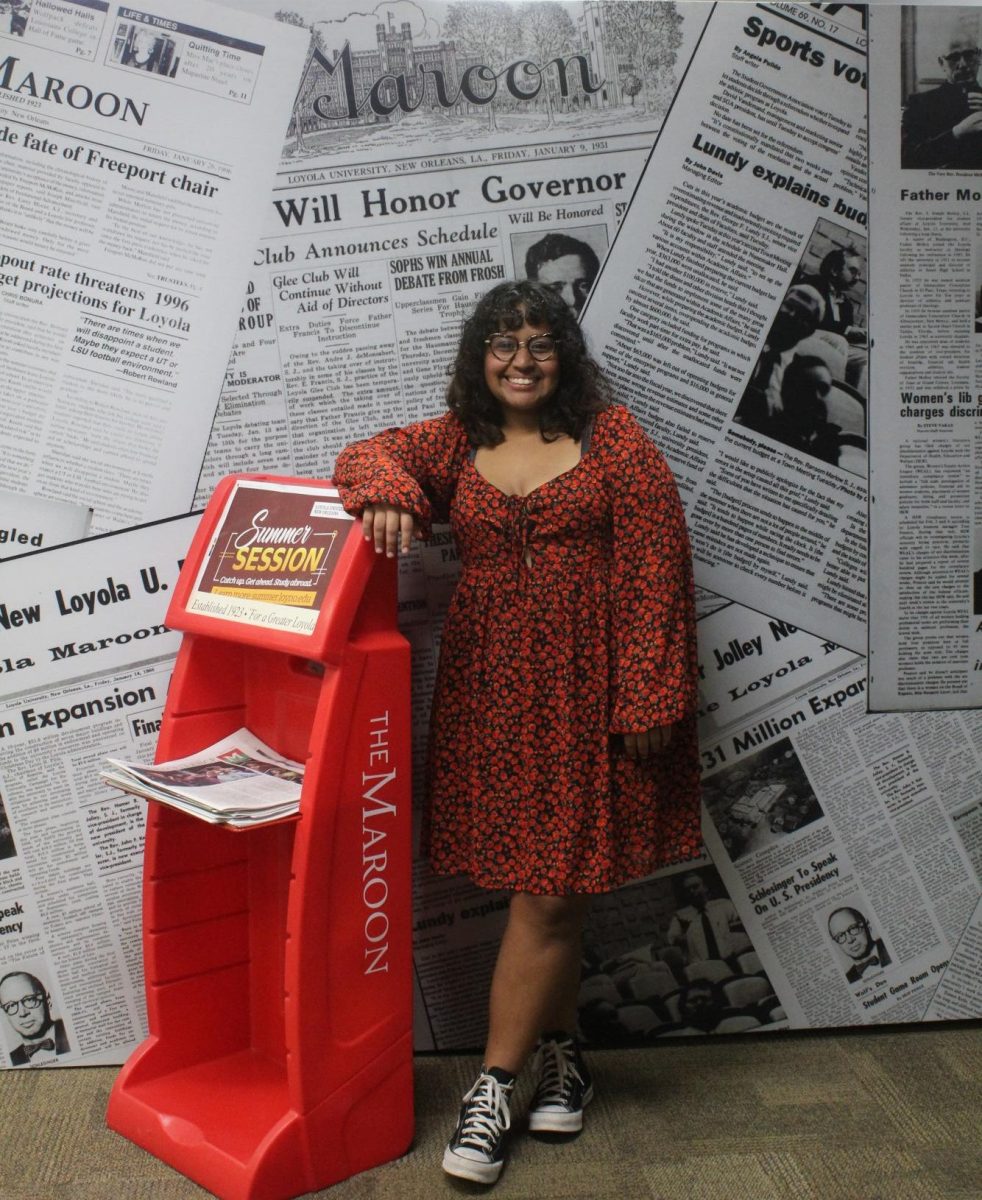Sex is a topic that people often think about but rarely openly talk about, especially in an academic setting.
Before coming to Loyola, I had hoped for a college experience that resembled an intellectual Woodstock of sort. Not that I’d particularly wanted to indulge in sex, drugs and rock ‘n’ roll, but I had envisioned an environment where students and faculty tackled those tabooed subjects head on. At the very least, it was to be an open and safe environment where students could educate themselves about the issues from which they might have been previously sheltered. Being in New Orleans, there is no lack of rock ‘n’ roll in our daily lives. And based on recent issues of The Maroon, I think we have the topic of drugs covered as well. As for sex, I’ll be the sacrificial lamb and bring up the issue.
Where does sex (and the multitude of side issues connected to it) fall in a Catholic institution such as Loyola? If a Jesuit education is aimed at cultivating a well-rounded person, does this include sex education as well? After all, unless you are practicing a life of celibacy, sex is an integral part of our adult lives.
I understand the precarious situation Loyola faces concerning this topic. There is a complex web of politics, in both religious and secular realms surrounding issues such as pre-marital sex, contraception and abortion. In the midst of these pressures, it is understandable why Loyola might wish to follow the prescribed doctrines, or at the very least bury these issues. On the other hand, the university has an obligation to its students, many of whom would benefit from more resources concerning this matter.
So, how can the university hold true to its Catholic tradition and adequately serve its students at the same time?
I am not qualified to come up with the perfect solution. However, speaking as a student, I do have a couple suggestions that I believe might be helpful to the student population.
One suggestion is that Loyola should work to better promote the resources it already has. I’m not sure that many of us are aware of the services we actually have at our finger tips. Only recently did I find out that our own Student Health provides testing for sexually transmitted infections and women-wellness exams. Better, more prominent advertising of services related to sexual health will ensure that students will actually use them.
Another suggestion is for Loyola to be more open to different viewpoints, especially ones that contradict Catholic doctrines. For example, we have an active pro-life group on campus. Yet, students have been trying, unsuccessfully, to form a similar pro-choice group for some time now. The existent of a pro-choice student organization and other groups like it does not necessarily imply that Loyola endorses these viewpoints. Instead, it shows that the university is tolerant of all opinions and encourages students’ initiatives.
The issue of sex is tricky to bring up, especially at a religiously-affiliated university. However, sex is so permeated ino our culture that not bringing it up would be a disservice, especially to college students who are just learning to navigate the adult world. At the very least, the dialogue on sex should be opened and sustained to serve as a resource for many of us who would like to critically examine the issue.
Phuong Tran is a sociology senior. She can be reached at [email protected]












